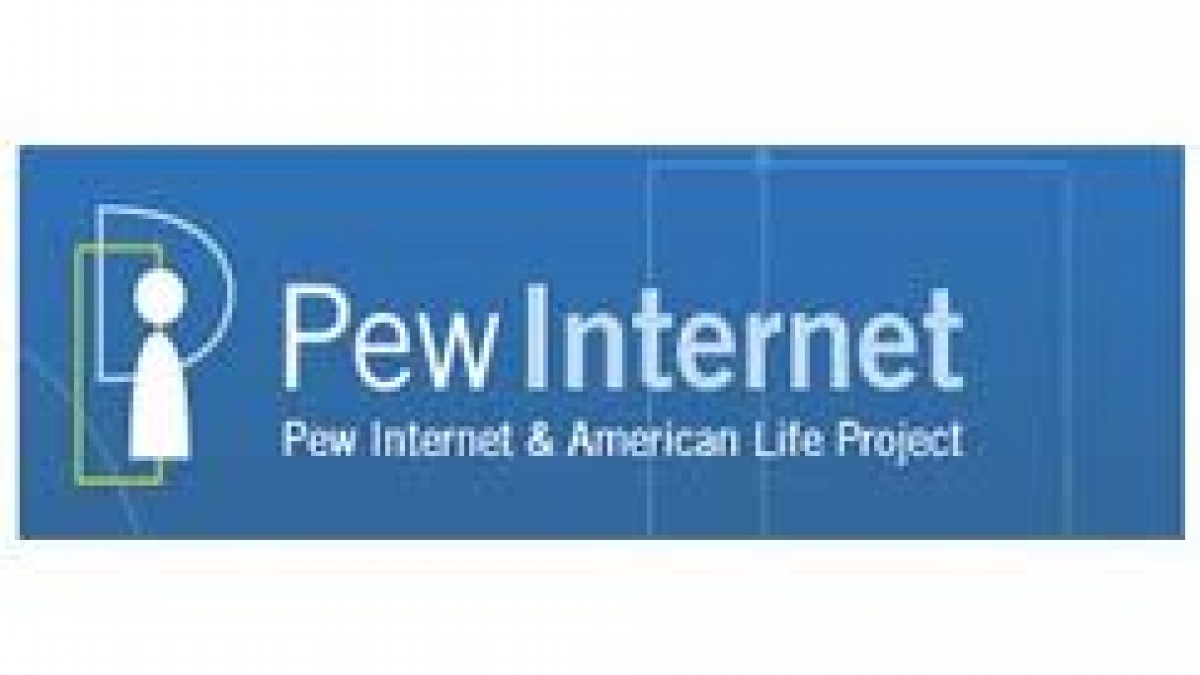
Digital Information Trends
It's been over a week since the 2011 Museums and the Web conference wrapped up and since then I've referred to Kristen Purcell's opening plenary several times. She presented research from several Pew Internet & American Life project reports on the societal impact of broadband, mobile, & social networking on Americans. Here are some interesting facts from her presentation:
- In 2000, only 46% of adults used the internet, by 2010, 74% use the Internet.
- The Digital Divide still exists. Only two in three adults have been a part of the broadband revolution. Internet access is highest among white, college graduates, earning over 50K.
- African-Americans and English-speaking Latinos continue to be among the most active users of the mobile web. Cell phone ownership is higher among African-Americans and Latinos than among whites (87% vs. 80%).
- Sixty-nine percent of users have broadband at home, making content creation easier and faster:
- 14% blog
- 26% comment
- 14% upload their own videos
- Nearly half of all adults (47%) go online with a laptop using a Wi-Fi connection (up from the 39% who did so as of April 2009) while 40% of adults use the internet, email or instant messaging on a mobile phone (up from the 32% of Americans who did this in 2009).
- Seventy-three percent of teens and 61% of adults use Social Networking sites; older adults make up the fastest growing segment of users.
- Facebook is the social network of choice; 73% of adult profile owners use Facebook, 48% have a profile on MySpace and 14% use LinkedIn. Only 8% of those surveyed use Twitter, while 17% of adults said they had shared their location via Google Latitude or Foursquare. I've linked Purcell's full presentation below, but be sure to read other reports from the PEW Internet and American Life Project. It's a fantastic resource for current research about the role that technology plays in our daily lives.
Museums and the Web: Grounding Digital Information Trends
View more presentations from Pew Research Center's Internet & American Life Project

